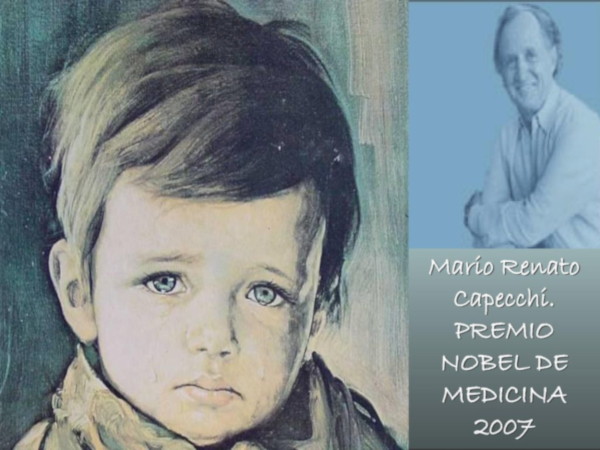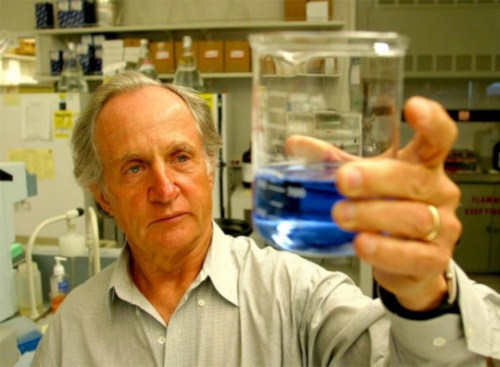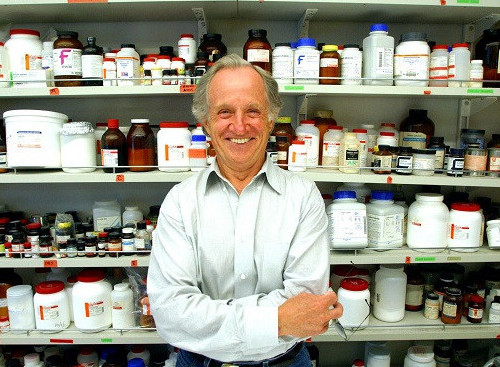The Royal Academy chooses as honorary academician Mario Capecchi, the street kid recognized by the Swedish Academy for his studies with stem cells
 The Extraordinary General Meeting of the Royal European Academy of Doctors-Barcelona 1914 (RAED) chose last April 11 as a new honorary academician Mario Capecchi, Nobel prize in Medicine in 2007 with Oliver Smithies and Martin Evans. Professor of Human Genetics and Biology at the University of Utah School of Medicine, the new academician was recognized by the Swedish Academy for his work on stem cells and genetic manipulation in animal models. Capecchi, in fact, was a pioneer in the genesis of mice carrying genetic mutations.
The Extraordinary General Meeting of the Royal European Academy of Doctors-Barcelona 1914 (RAED) chose last April 11 as a new honorary academician Mario Capecchi, Nobel prize in Medicine in 2007 with Oliver Smithies and Martin Evans. Professor of Human Genetics and Biology at the University of Utah School of Medicine, the new academician was recognized by the Swedish Academy for his work on stem cells and genetic manipulation in animal models. Capecchi, in fact, was a pioneer in the genesis of mice carrying genetic mutations.
José Ramón Calvo, full academician and president of the Institute of International Cooperation of the RAED, dedicated an interesting study to the personal history of Capecchi that he presented at the 4th International Act-European Congress of Interdisciplinary Research of the RAED, which was held last July in various Mediterranean capitals. Under the title “De Oliver Twist al Premio Nobel” (From Oliver Twist to the Nobel prize), Calvo reviewed the story of an Italian boy deeply marked by the Second World War and the vicissitudes of the postwar period.
With his father in the Army and his mother in the Dachau concentration camp, Capecchi spent the years of the war in the bosom of a peasant family that ended up abandoning him to his fate. At the end of the war, his mother, a survivor of the field, managed to find him and they both emigrated to the United States, where he managed to graduate from Harvard University. After a lifetime dedicated to teaching and research, the Nobel award and his appearance in the media allowed him to rediscover part of his past, as his sister, then 68, recognized him.
Capecchi has always considered that his hard childhood influenced, in one way or another, his stubborn dedication to science. “It isn’t clear whether these early childhood experiences contributed to the successes I have enjoyed or if those achievements were achieved despite these experiences”, he said in Japan in 1996, when he picked up the Kyoto Prize in Basic Science-. Have I contributed to psychological factors such as self-confidence or ingenuity? On the street I learned to trust myself. I was alone. I think my job today as a scientist is linked to that stage. My mind was my entertainment. I developed plans that I had to fulfill then. We must have a plan, an idea of where you want to go, and want it very much”.
- CREATOR: gd-jpeg v1.0 (using IJG JPEG v62), quality = 90






